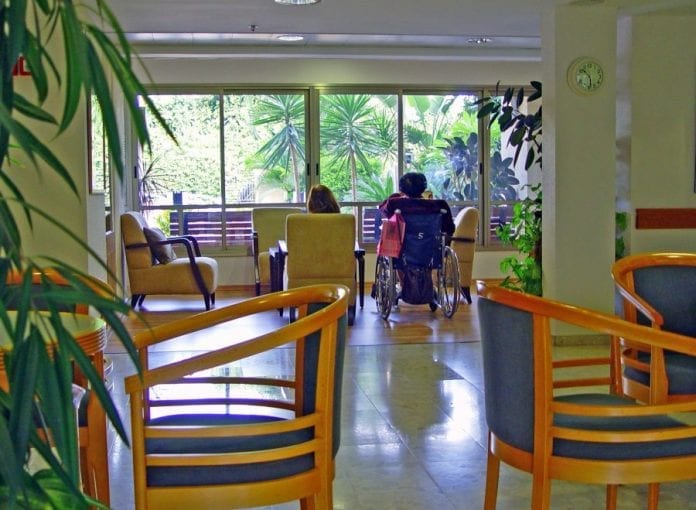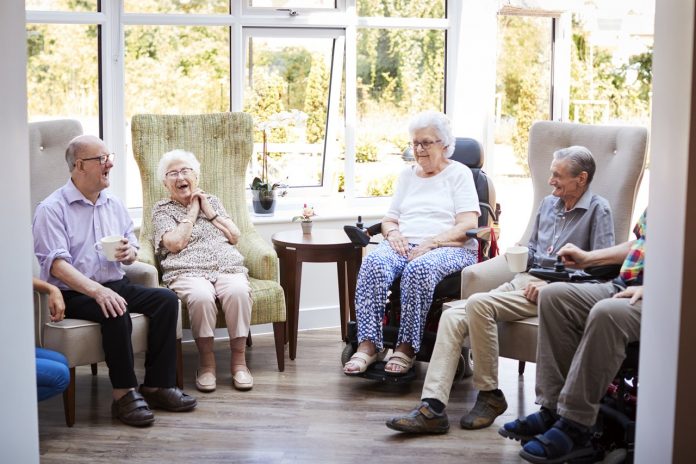In the later years of your retirement, it may be time to think about moving, downsizing, or renovating your living situation with greater accessibility and care needs in mind. Many older adults are considering senior living residences or related housing options as a way to downsize, access care, and enjoy communities with people their own age.
There are more seniors today than ever before. No one knows exactly what kind of senior housing they will expect once they pass the age of 75, but the senior living industry is already making adjustments to accommodate a new generation.
As you begin your search for a retirement residence, keep in mind some key factors to look for. This list should help you identify the right housing option for you.

1. What Kind of Community?
Senior housing today takes many shapes, including:
- Age-restricted communities such as senior villages or senior apartments
- Independent living communities
- Assisted living communities
- Memory care facilities
Over the course of your retirement, your needs may change, and it’s important that you budget for the costs of making that change. There are some housing options that blend types. For example, All Seniors Care Living Centres offer a combination of independent senior apartments, assisted living, and provide memory care facilities at some of their residences.
Choosing a senior living community that provides more flexibility can help you prepare long-term for your retirement and let you age in place, meaning you don’t need to move if your care needs change.
2. Where Is the Residence Located?

When it comes to location, there’s so much to keep in mind. First, you likely want to live somewhere that’s not too far away from family and friends – a short drive that makes it easy for visits. As you get older, it can be more difficult and more dangerous to drive for long periods of time.
Driving is another factor to consider when you’re evaluating the location of a retirement residence: at some point, it may be safest to give up your driver’s license, or at least gradually reduce how much you drive. Seniors face multiple factors that can make driving harder:
- Declining vision
- Slower reflexes
- Limited depth perception
A retirement residence should be in a walkable neighborhood where you can easily access commercial and medical services, as well as recreational activities without having to get behind the wheel. Consider life after driving when you choose a retirement residence.
3. What Kind of Care and Services Are Available?

What are your care and medical needs going to look like in the future? At this point in your life, you may be looking to change your residence because of ongoing medical needs or the need for care, or you may just not know what the future has in store.
It can help to look at retirement residences that allow you to live independently now with future options for care. Find out how much those options will cost for a complete financial picture. You can rest easy knowing that if your care needs change, you can access everything you need at home.
Moving into a retirement residence is an important life step. Be sure to ask these questions and more before you make your big move.









